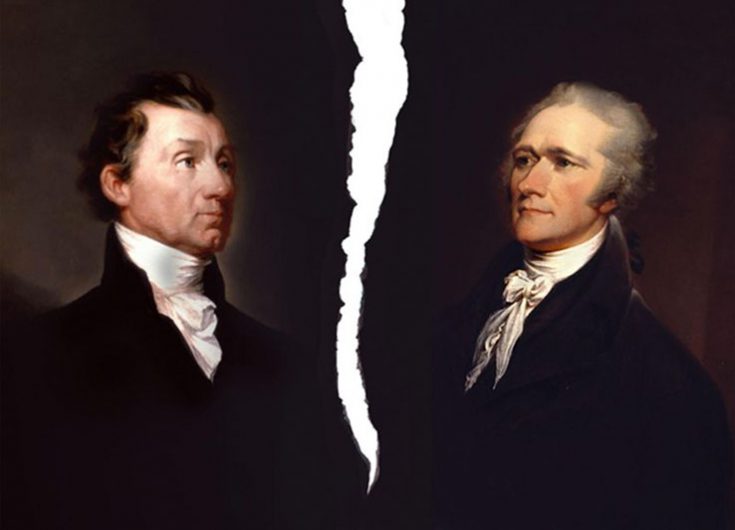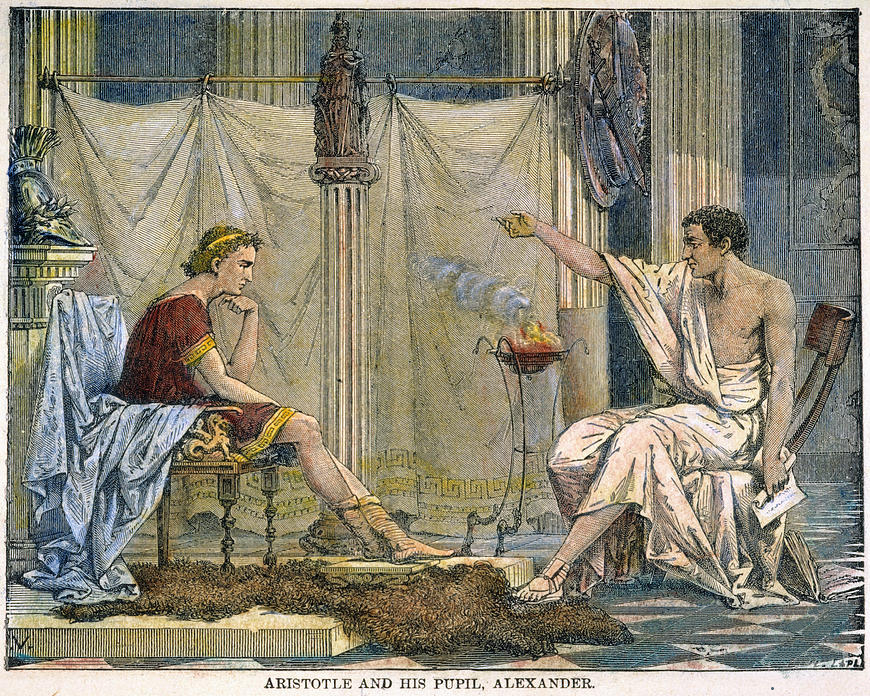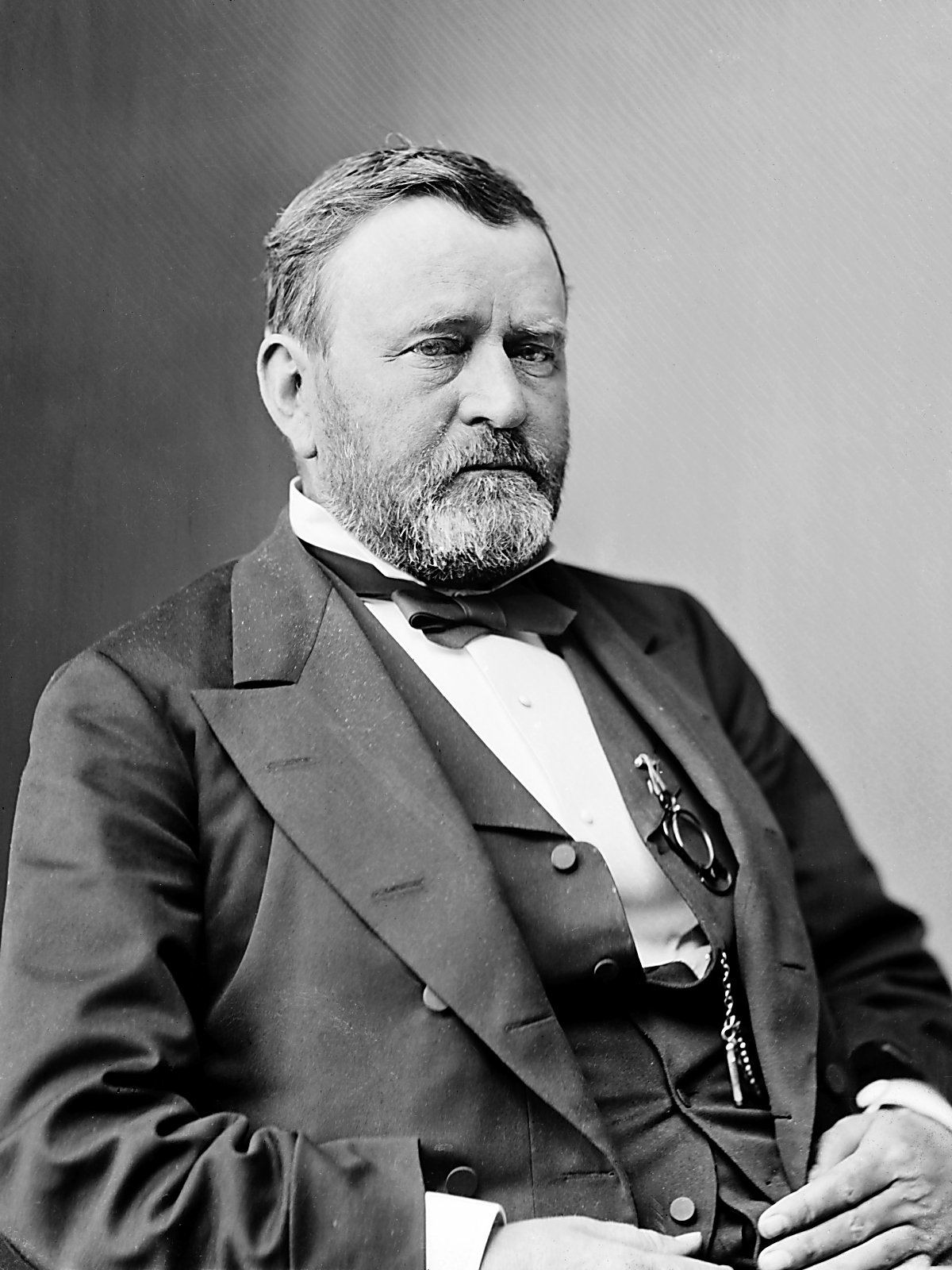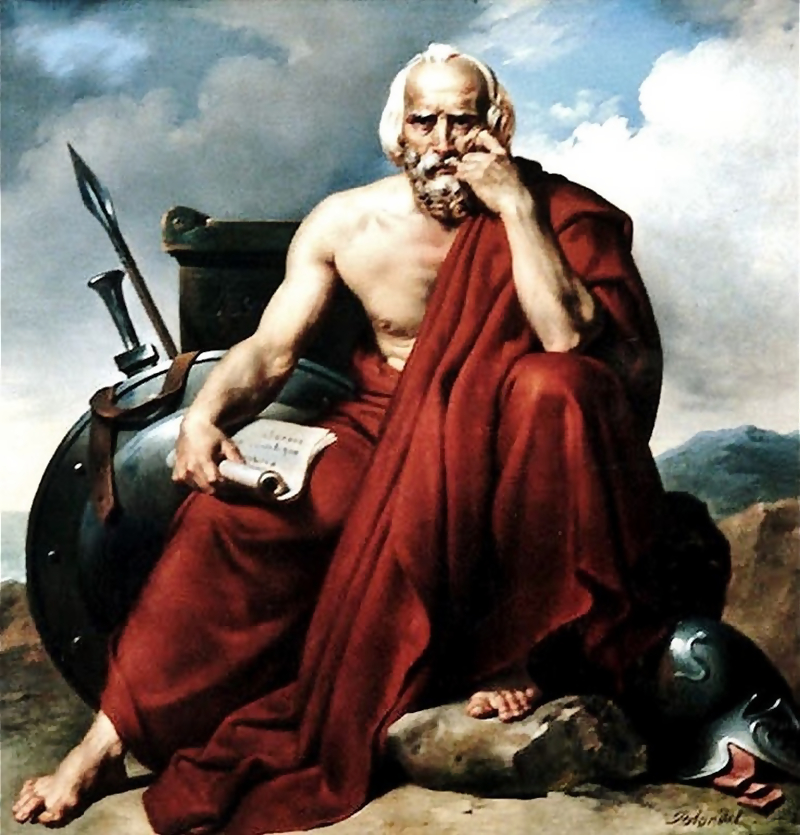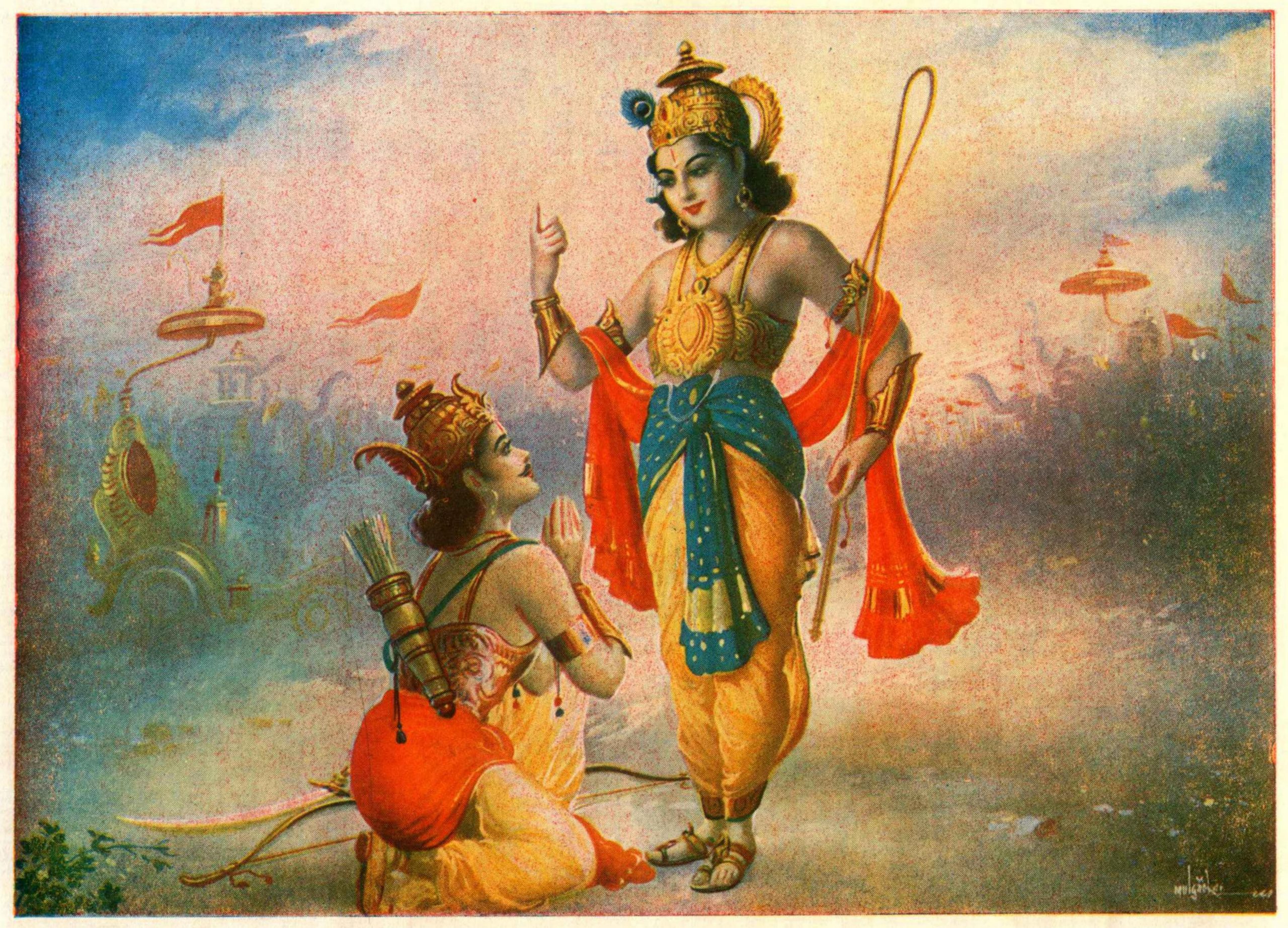
International relations is an arena where politics is exercised by nations and other entities to accomplish goals and secure interests. The study of politics in that arena is a study of history: what has happened, how it came to happen with its consequences and therefore a guide to what can happen. The twentieth century so recently passed, provides vivid illustrations and experience of the exercise of politics whose consequences were monumental and painful and sometimes so decisive as to seem irreversible, or nearly so. Yet the great clashes of will that characterized the twentieth century did not originate the day before the century began but years and centuries before. What happened yesterday, is happening now and is about to happen can be better understood through the study of history.


